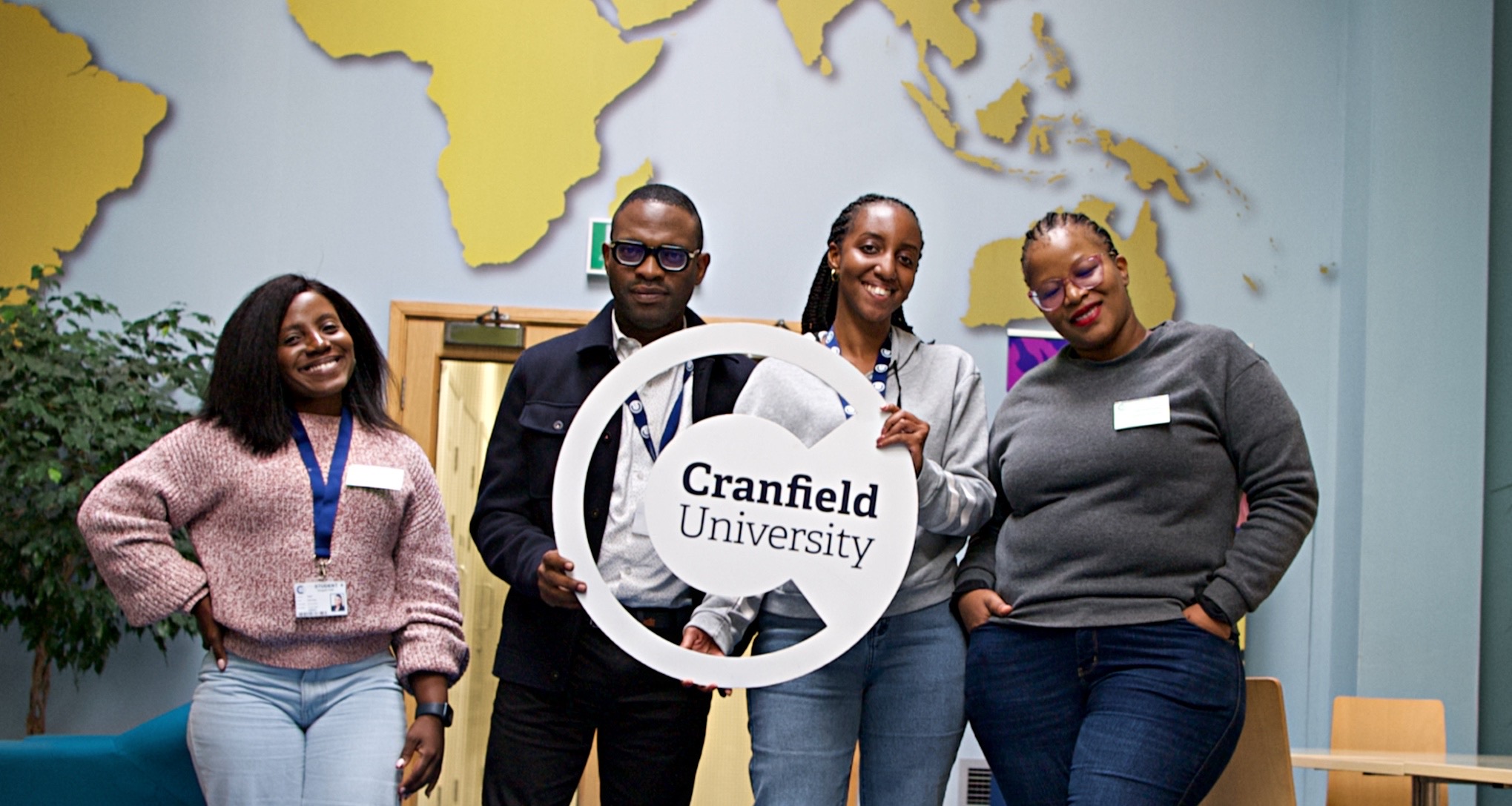What are the responsibilities of business in the digital age?
26/04/2017

You could be forgiven for not knowing – but this is Responsible Business Week: a series of events around the UK to promote responsible business practice and to challenge businesses to improve.
Business in the Community (BitC) – the Prince of Wales’s Responsible Business Network – runs the Responsible Business Week with the Twitter hashtag: #RBWeek.
The theme for #RBWeek 2017 is: A Brave New World: Why businesses must ensure an inclusive digital revolution.
The BitC goal is to continue the conversation they started at the end of last year, when they published a report with strategy consultants Accenture, entitled “A Brave New World?”. I wrote about that report in an earlier blog.
The November 2016 Accenture report set out the context of the Digital Revolution – what some are calling the Fourth Industrial Revolution – and highlighted the likely positive impacts. It also, however, warned that without responsible leadership and proactive preparation, there will also be many substantial downsides. Starkly these include potentially 10 million jobs disappearing in the UK in the next two decades. If BREXIT and Trump were responses from those who feel left behind and losing out from globalisation, what might be the political and social costs of rapid robotisation and automation?
As BitC notes: “Technology is bringing unprecedented change; leading economists to predict that a century’s worth of progress will take place in the next decade alone. Digital innovation is rapidly creating new jobs, new business models and new high growth industries, with the potential to transform the world. However, businesses are increasingly grappling with how they can manage the transition to this digital era and address the immediate and long-term complexities it presents, which are fundamentally changing how business and the world of work operate.”
Cranfield alumnus and BitC chairman Anthony Jenkins argues that most large companies cannot cope with the “tsunami” of technological change that is coming. The former global CEO of Barclays argues that in this new world, size no longer matters – agility does. Jenkins has launched a new fintech startup that aims to modernise the back office technology used by banks. 10x Future Technologies is working on a cloud-based core banking system — the technology that allows banks to hold deposits and accounts. The start-up is already able to simulate a banking platform with 200million accounts because of the dramatic growth of computing power.
Working in partnership with Accenture Strategy and supported by Barclays, Fujitsu and McCann London, BitC have used #RBWeek 2017 to propose four priorities for business action to respond to the Digital Revolution.
These are:
- Protect, support and empower customers
- Embrace the changing nature of work
- Deliver innovative products and services that serve society
- Drive a transparent, inclusive and productive value chain.
Each priority is illustrated with examples from around the world of what organisations are already doing.
These more than 40 examples include RideAustin which is a social enterprise set up in the wake of Uber and Lyft ceasing to operate in Austin, Texas. Their departure, due to the introduction of new driver fingerprinting regulation, made 10,000 drivers suddenly unemployed, leading to local Austin citizens establishing, funding and operating the new service. RideAustin covers the cost of fingerprinting drivers, part of background checks to reduce risk of passenger assaults. They also share all profits with drivers or reinvest them into the business and enable passengers to support local charities by voluntarily rounding up their fares to the nearest dollar. RideAustin has proved popular, providing nearly 10,200 rides in their first 30 days of operation.
Other examples include the dating app Tinder which collaborated with the NHS to raise awareness among young people of the importance of organ donation.
And Marks & Spencer who are improving transparency in their supply chain, using digital technology to improve standards and safeguard human rights.
Hopefully Cranfield University will be appearing in a future #RBWeek report highlighting further examples thanks to the University’s programme of research on autonomous vehicles which has just secured a further £1.9 million of research funding.
Speaking at the launch of #RBWeek on Monday evening, BitC chairman Anthony Jenkins warned that “we stand at a digital cross-road: utopia one way, dystopia the other, our choice!” If we are to have a society and an economy that works for all, responsible businesses working in collaboration with public sector, NGOs, academia urgently need to understand the Digital Revolution and proactively respond to it. The latest BitC materials are a useful resource kit to help do so.
Categories & Tags:
Leave a comment on this post:
You might also like…
Commonwealth Scholarships play a critical role in developing sustainability and leadership in Africa
Q&A with Evah Mosetlhane, Sustainability MSc, Commonwealth Distance Learning Scholar What inspired you to pursue the Sustainability MSc at Cranfield? I was inspired to pursue the Sustainability MSc at Cranfield because of the university’s ...
How do I reference a thesis… in the NLM style?
You may be including theses within your research. When you do so you need to treat them in the same way as content taken from any other source, by providing both a citation and a ...
Introducing… Bloomberg Trade Flows
Are you interested in world trade flows? Would it be useful to know which nations are your country's major trading partners? If so, the Bloomberg terminal has a rather nifty function where you can view ...
Cranfield alumni voyage to the International Space Station
Seeing our alumni reach the International Space Station (ISS) has a ripple effect that extends far beyond the space sector. For school students questioning whether science is “for them”, for undergraduates weighing their next ...
From classroom to cockpit: What’s next after Cranfield
The Air Transport Management MSc isn’t just about learning theory — it’s about preparing for a career in the aviation industry. Adit shares his dream job, insights from classmates, and advice for prospective students. ...
Setting up a shared group folder in a reference manager
Many of our students are now busy working on their group projects. One easy way to share references amongst a group is to set up group folders in a reference manager like Mendeley or Zotero. ...






